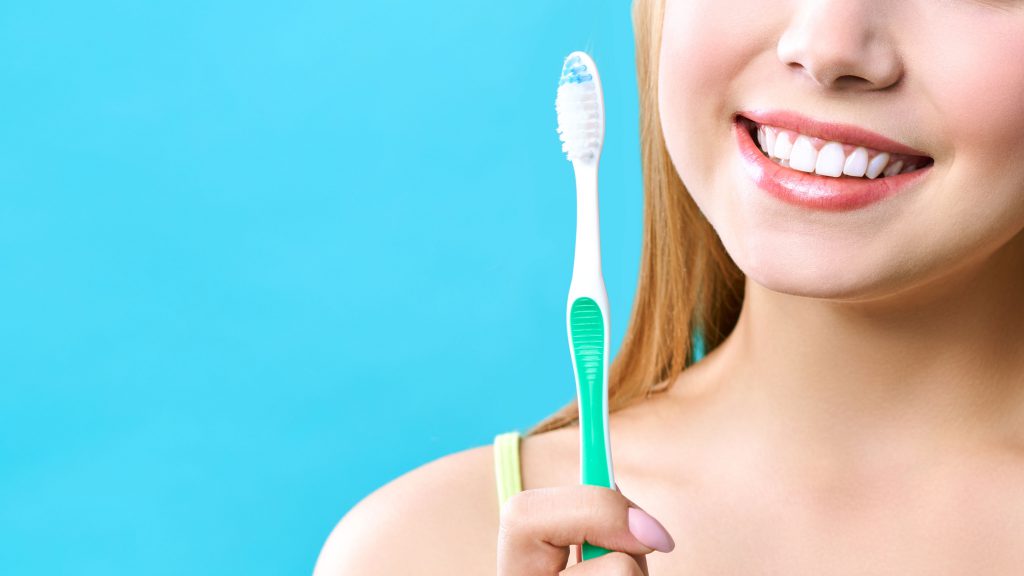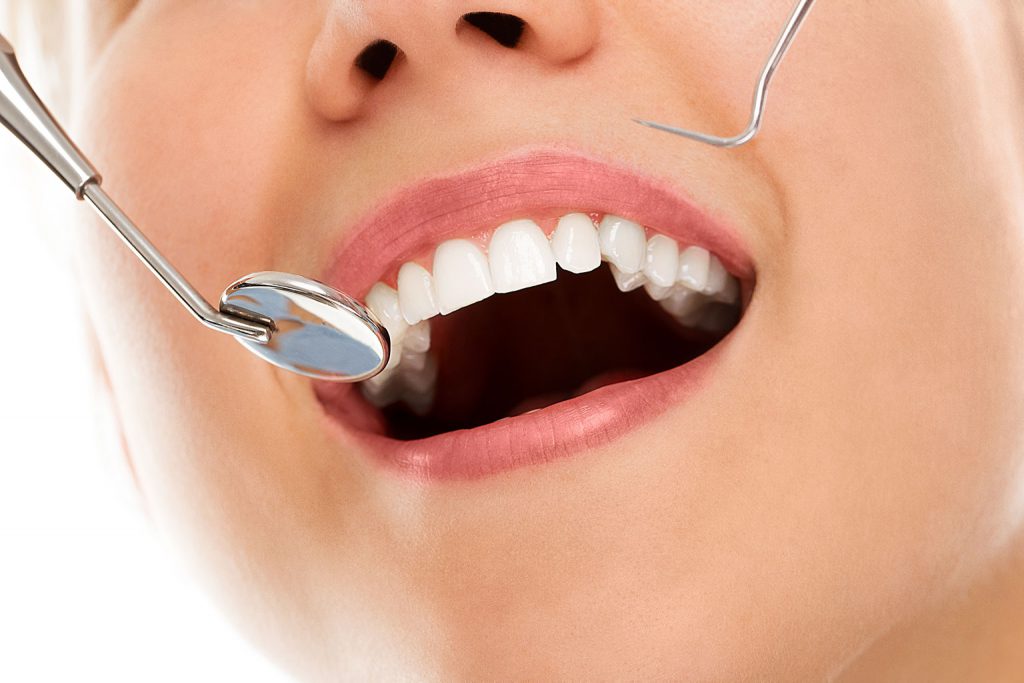Good habits to keep your teeth healthy
It takes lifelong dental care to keep your teeth healthy. Doing the right things on a daily basis to take care of your teeth and prevent relevant issues is very important. Here we have put together some practical tips on how to make your teeth white and keep them healthy.
1. Brush Your Teeth on a Regular Basis
The majority of people know that it is important to clean their teeth twice a day. However, brushing your teeth might only take effect if you do it the right way.
At one point, you might have a question like “brush your teeth for how long?” on your mind. You actually need to take approximately two to three minutes to brush your teeth by making small circular motions and brushing the front, back and top of every single tooth. Try to avert making back-and-forth movements.
If you brush your teeth too aggressively or by using a toothbrush with hard bristles can negatively impact your gums and tooth enamel which can result in sensitive teeth and erosive gums.
You are advised to use a soft-bristled toothbrush and change your toothbrush every three months or when the ends of your toothbrush begin looking unraveled.
• If You Brush Your Teeth with an Electric Toothbrush
Then you should be mindful of doing it the right way. The key to using an electric toothbrush to brush your teeth with is to place the head of your electric toothbrush at a 45 degree angle to the gum line, making sure the bristles touch both the surface of the teeth and the gum line. This is the most efficient teeth brushing way in accordance with many dental hygienists
In other words, it is simply a matter of holding it in place for a few seconds before moving along to the next tooth. Never apply a harsh pressure combined with a vigorous brushing technique because this can lead to tooth surface loss and gum recession.
2. Use a Mouthwash as a Complimentary Technique
Never keep in mind the concept of “brushing your teeth vs mouthwash” or perceive one of the options as a better choice over the other because both are important and complimentary activities. Besides, never think of using a mouthwash as a way to clean your teeth without brushing. Brushing your teeth is important and so is using a mouthwash.
Researchers indicate that specific mouthwashes are good for the health of your teeth. A mouthwash is helpful in the following aspects: It keeps acids in your mouth to a minimum level, make areas where they are difficult to brush clean and adds key minerals to your teeth. It is especially beneficial to elder people and children where brushing and flossing is probably not the best possible way to clean teeth.
It is best to ask your dentist for mouthwash recommendations that cater to your specific needs. Some mouthwash brands are ideal for kids and people who have teeth sensitivity. Alternatively, you can get prescription mouthwash if you need to.
3. Brush Your Teeth Before You Go to Bed Every Time
Although brushing teeth twice a day is the dental quote that many of us are mindful of, some of us skip brushing teeth before we go to sleep. Brushing your teeth removes the germs and plaque that add up during the day.

4. Apply Fluoride Toothpaste
When you select a toothpaste, ensure it contains fluoride which directly impacts your oral health. Fluoride is a substance that fights germs that can cause tooth decay and serves as a shield for your teeth.
• Brushing your teeth without toothpaste
When it comes to brushing your teeth without toothpaste, it can be very rough on tooth enamel and gums. However, when you do not have a fluoride toothpaste with you, here are some hacks or alternatives you can use: mouthwash, water, sea salt or even chewing sugar-free gum.
• Brushing your teeth without rinsing
After brushing your teeth, you should be spitting out the toothpaste, not rinsing then spitting. Fluoride in an ingredient in toothpaste that prevents tooth decay by re-mineralizing and strengthening teeth. However, the less time the fluoride is on your teeth, the less time it has to prevent tooth decay. By rinsing with water you are limiting fluoride’s active time on your mouth to the amount of time you’ve been brushing.
5. Avoid Smoking
Since smoking damages the immune system of your body your body will find it difficult to make the tissues including those in your mouth sound again. You will develop the risk of gum disease and slow healing after a dental process if you excessively smoke.
Furthermore, smoking can make your teeth and tongue yellow and can cause you to have a bad breath.

6. Beware of Your Eating Habits
Cut back on having diets that contain a lot of sugar and acids such as acidic fruits, tea and coffee. It is not compulsory to completely stop eating such kinds of food but it is good to know this fact.
A great way to strengthen your teeth is to practice getting your jaws working by eating crunchy and fresh produce. This will also help your body get more fiber.
Below we have put together a list of food items that easily causes teeth decoloration and what you should be mindful of.
• What foods stain your teeth the most?
Foods that stain your teeth the most include grapefruits, pomelos, limes, lemons, yuzus.
• Which foods make your teeth yellow?
Foods that make your teeth yellow include tomato sauce, soda drinks, berries, curry, balsamic vinegar, grape juice and cranberry juice.
• Which foods make your teeth whiter naturally?
On a positive note, there are foods that can help whiten your teeth in a natural manner: strawberries, apples, celery, carrots, yogurt, milk and cheese.
7. Give Your Dentist a Visit on a Constant Basis
“When your teeth hurt what do you do?” is a dental issue why you need to see a dentist at least twice a year.
Despite being a disciplined brusher and flosser, you have to see a dentist on a regular basis. Your dentist can help you detect dental problems and suggest you relevant solutions.
There are some insurance companies that provide dental insurance which covers more dental sessions. If you have many dental problems such as gingivitis or frequent cavities, you should take the opportunity of getting dental insurance plans available.
Takeaway
On the whole, when it comes to what you can do to protect your teeth, visiting your dentist at least twice on an annual basis is only a single piece of the entire jigsaw puzzle. Start with the apparent things like abandoning smoking, easing up on the unhealthy diet and lowering your alcohol consumption. Such lifestyle changes may not always be easy to bring about, but it can be inspiring to understand that what you can do each day greatly contributes to your risk of getting dental problems like tooth decay, gum disease or a bad breath.



Comments are closed.